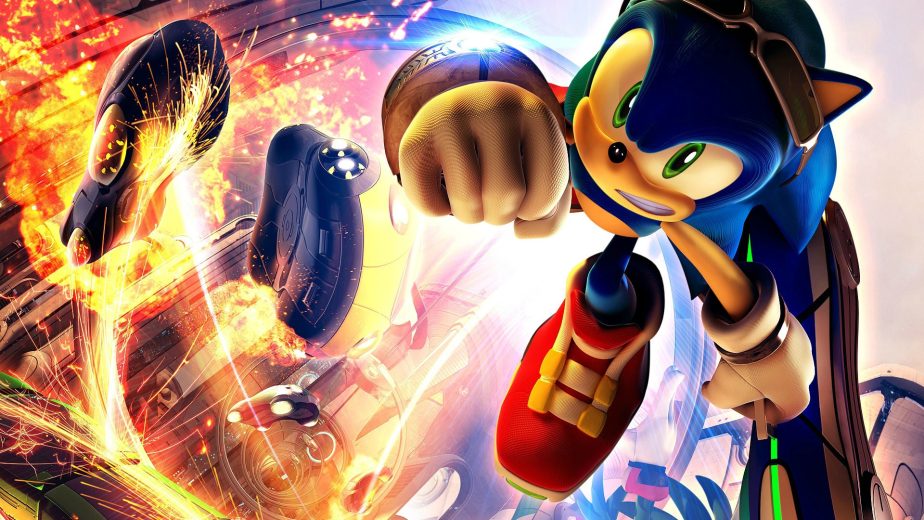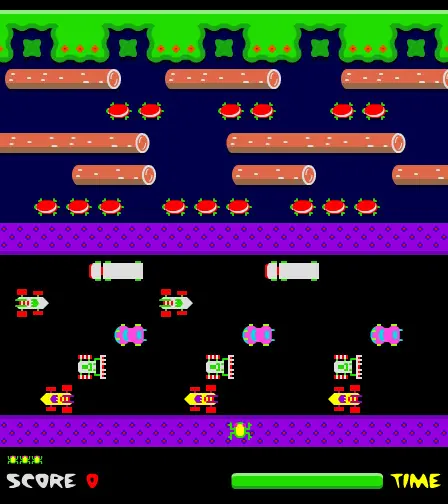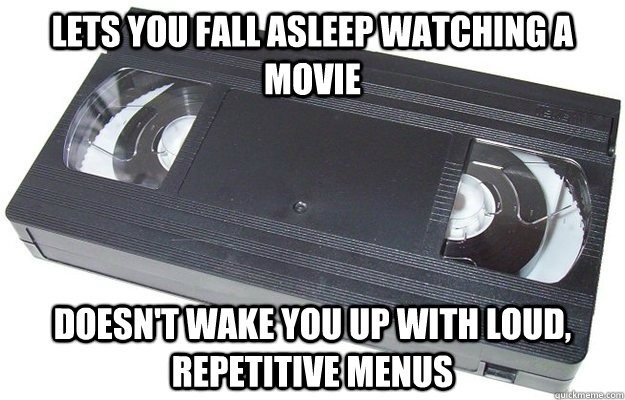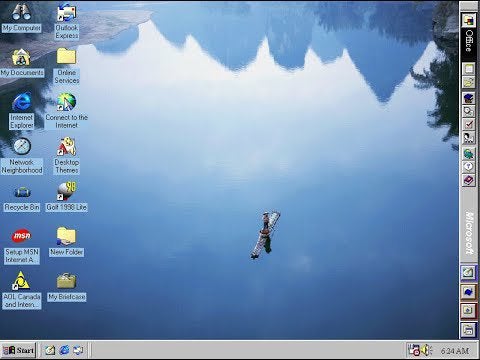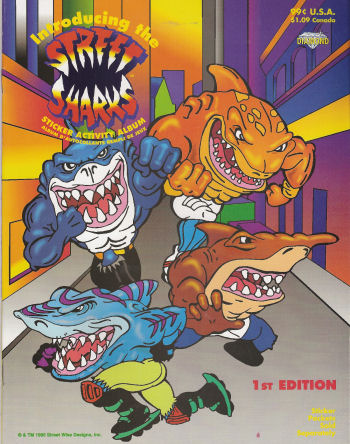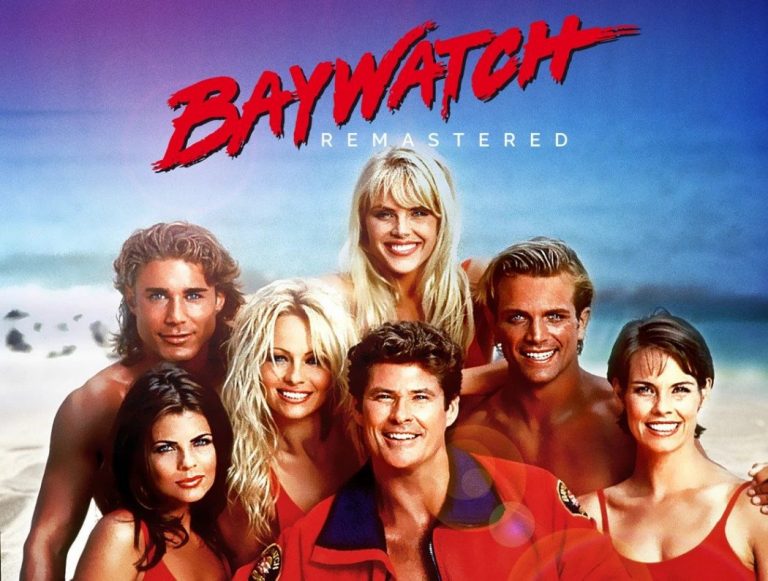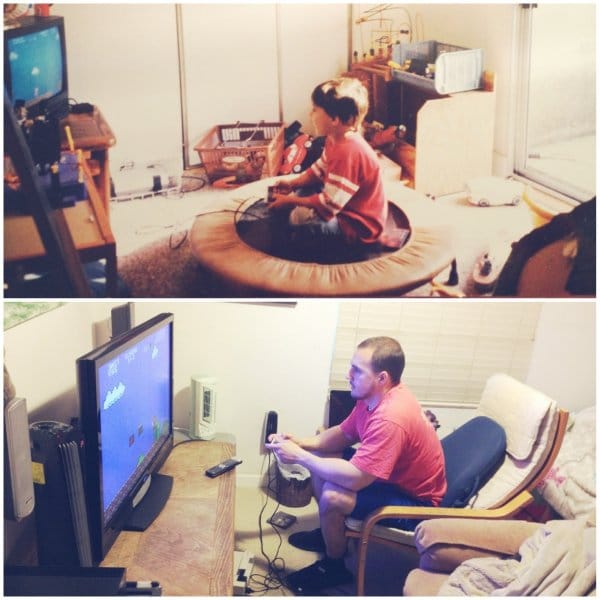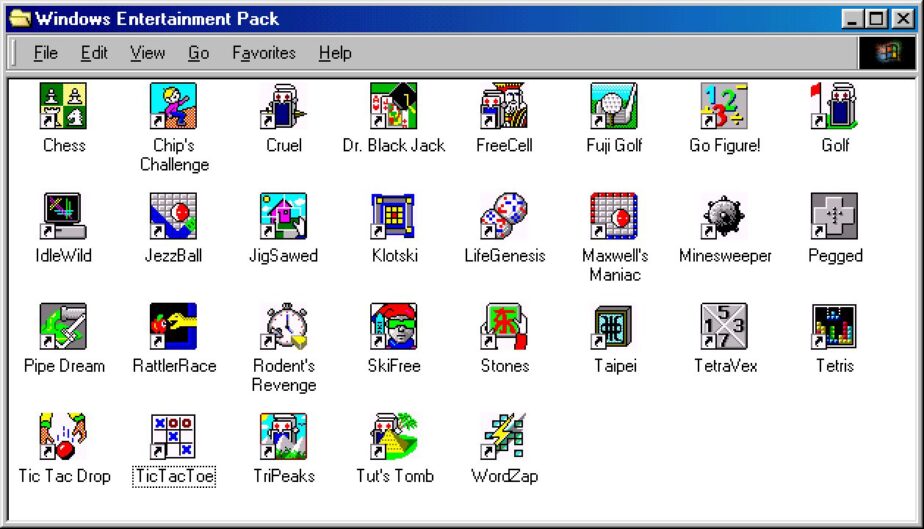
The 1990s. A time of dial-up internet, burgeoning technology, and the rise of Microsoft Windows as the dominant force in personal computing. While Windows was busy revolutionizing how we interacted with our computers for work and productivity, it also quietly, and then not so quietly, became a source of digital amusement. And for many of us who grew up with a PC in the 90s, that amusement often came courtesy of the much-loved, much-played, Windows Entertainment Packs.
Before the era of ubiquitous app stores and free online games, getting your hands on digital distractions often meant purchasing software. Microsoft, in a stroke of marketing and entertainment genius, released a series of “Entertainment Packs” that bundled a collection of simple yet incredibly addictive games, perfectly suited for the graphical interface of Windows 3.x and later. These weren’t your high-fidelity, intensive blockbusters; they were easy-to-learn games that provided a perfect break from spreadsheets and word processors.
The first Microsoft Entertainment Pack landed in 1990, and its success paved the way for several more iterations throughout the decade. These packs were instrumental in showcasing the capabilities of Windows as a platform for more than just serious work. They introduced a generation to the concept of casual gaming on a PC and ingrained certain game titles into the collective memory of 90s computer users.
So, what made these packs so special? It was the sheer variety and the deceptively simple, yet engaging, gameplay. While the bundled Solitaire was already a time- Sinkhole in its own right, the Entertainment Packs brought a wealth of other gems.
Let’s take a trip down memory lane and revisit some of the iconic titles that kept us entertained for hours:
- Minesweeper: A logic puzzle that was equal parts frustrating and rewarding. Clicking on squares to reveal numbers or, with a click, a game-ending mine, was a tense and thrilling experience. It taught us careful deduction and the art of flagging potential dangers.
- FreeCell: Another card game that, unlike Solitaire, was and remains famously solvable in almost every deal. This made it a favorite for those seeking a more strategic and less luck-dependent card challenge.
- SkiFree: Who could forget the thrill of skiing down an endless slope, trying to avoid obstacles and the terrifying, always-pursuing abominable snowman? This simple game with its surprisingly fluid animation was a test of reflexes and a source of countless “almost got away” stories.
- JezzBall: A game of spatial reasoning where you had to draw lines to trap bouncing balls in smaller and smaller sections of the screen. It required precision and timing, and the satisfying thwack of a trapped ball was immensely gratifying.
- Rodent’s Revenge: A quirky puzzle game where you played as a mouse trying to trap cats by pushing blocks. It was a unique concept that required forward thinking and strategic movement.
- Tetris (a Windows version): While Tetris existed on many platforms, the inclusion of a Windows version in the Entertainment Packs brought this classic puzzle game to a wider PC audience, complete with colorful blocks and catchy midi tunes.
- Chip’s Challenge: A top-down puzzle game where you guided the character Chip through various levels, collecting computer chips and avoiding hazards. It offered increasingly complex levels that truly tested your problem-solving skills.
Beyond these standout titles, the packs included other games like Taipei (a Mahjong Solitaire variant), Golf (a card game), and various other card and puzzle games, each offering its own unique flavor of casual fun.
The Windows Entertainment Packs were more than just games; they were a cultural phenomenon of the 90s PC landscape. They provided a much-needed dose of fun in a time when computing was still finding its feet in the average household. They were the go-to for a quick five-minute break or a longer session of procrastination. They introduced many to the basic mechanics of using a mouse and navigating a graphical interface through engaging and non-intimidating gameplay.
While the individual games like Minesweeper and FreeCell eventually became standard inclusions in Windows, the Entertainment Packs as a collection represent a specific era. They remind us of a time when software came in boxes, installation involved floppy disks (or eventually CDs), and the simple joy of a well-designed casual game could brighten up your day.
Today, the legacy of these games lives on in various forms, from online versions to mobile apps. But for those who were there, the Windows Entertainment Packs of the 90s hold a special place – a nostalgic reminder of simpler times and the foundational role these little bundles of joy played in making the PC a source of not just productivity, but also pure, unadulterated entertainment.


